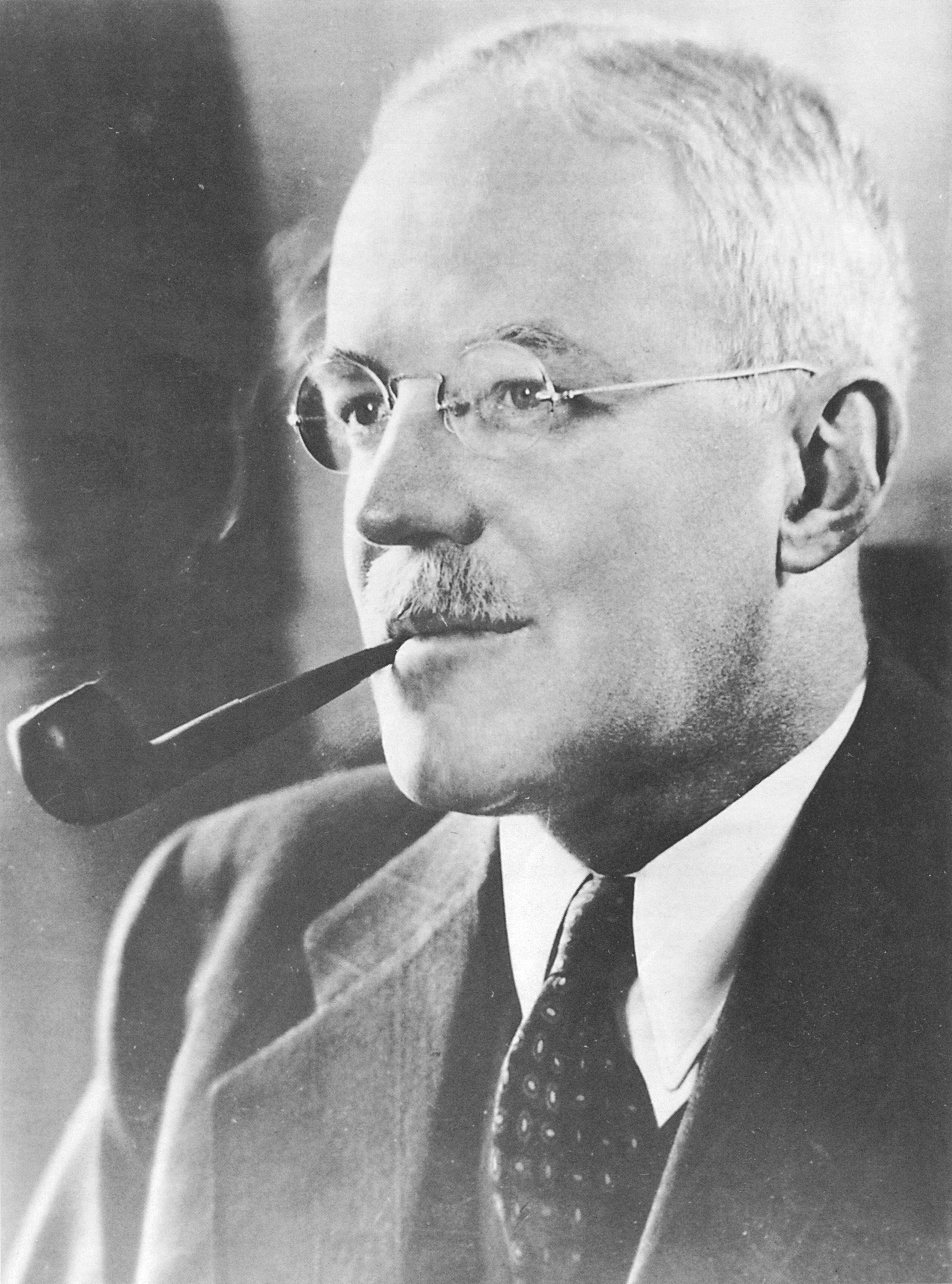
In the final years of World War II, the Office of Strategic Services (OSS) – the precursor to the Central Intelligence Agency (CIA) – utilized foreign language in incredible ways.
In the summer of 1944, German forces and Greek collaborators began receiving a series of leaflets, underground papers, and other anti-Axis material written in Greek and German. These materials looked as if they originated from the local populace and reflected their opposition to Axis control. However, the material actually came from Allied officers serving in the OSS who used their language skills and operational tradecraft to execute one of the most successful subversive operations in the Balkans. Allied forces found leaflets in the possession of surrendering Greek Axis forces, and similar messaging operations in other languages began shortly thereafter across the Mediterranean theater – a testament of their early successes with foreign language.
This is one of hundreds of stories—including that of Chiyoki Ikeda—in which foreign language was not only used in operations, but also critical to its success.
Our Work Begins
The Agency’s nascent successes underpinned the need for a more robust cadre of language capable officers even in the post-war era. This is the story of the humble beginnings of the Agency’s foreign language training, testing, and incentive programs.
In 1951, the Language Services Division, which preceded the modern Intelligence Language Institute, began formalizing foreign language instruction and policy as the threat of communism emerged. At that time, CIA taught many courses in partnership with the Department of State’s Foreign Service Institute, the United States Navy’s Language School, and the National Security Agency.
As CIA’s mission priorities shifted and grew, so did the school’s language and cultural offerings. In 1954, the Language Services Division moved away from external partnerships and began teaching its own courses. Beyond the initial series of language courses in Italian, German, Russian, and Spanish, the language school offered survey courses on various countries and regions of interest. The school and its first students were the building blocks of a global Intelligence agency.
Our Work Expands
Within a few years, the demand for language capable officers grew exponentially. By the late 1950s, the language school offered training in 13 languages, including the CIA’s first full-time language course in Russian. However, the demand for language training outpaced the language school’s capabilities. In 1957, then-Director of Central Intelligence, Allen Dulles, created CIA’s first language incentive program, which offered monetary awards to officers who developed, maintained, and used their language skills.

It was Director Dulles’ hope that officers would grow their language skills outside of the traditional classroom. In a notice about the new Language Development Program, Director Dulles offered a heartfelt call to action, “Each time I travel abroad, I become increasingly aware of the necessity for greater proficiency in foreign language skills among our personnel… I need the cooperation of all of you… I am asking you to devote as much time as you will, on a voluntary basis [to developing language capability].”
Despite the program’s necessity, some officers speculated that the program originally came to fruition after Director Dulles and a senior CIA officer were late to a state visit overseas, as neither the Director nor his colleague spoke the local language and could not ask for directions.
Regardless of the impetus, the Language Development Program was pivotal in increasing the number of language-capable officers. Between 1954 and 1964, thousands of employees participated in part-time language training. These newly minted language-capable officers went on to safeguard our nation using their foreign language skills for decades to come.
